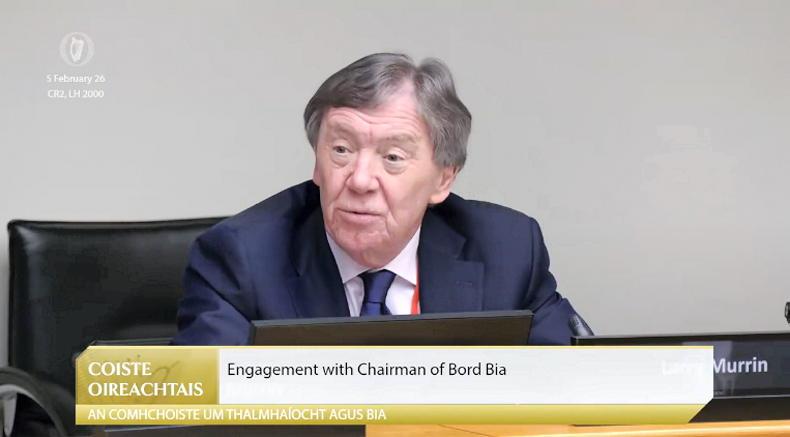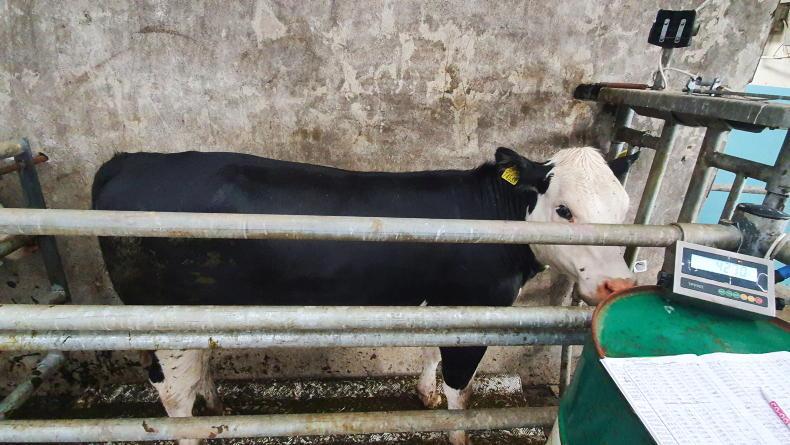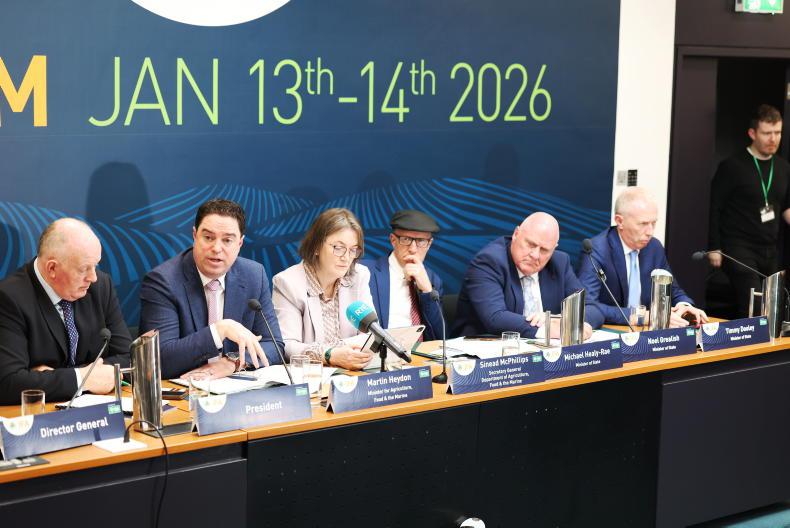It is unrealistic that the Common Agricultural Policy (CAP) would be the main funding instrument for the Nature Restoration Law in light of its scope and ambition, Minister for Agriculture Charlie McConalogue has said.
Speaking at the EU council of agriculture ministers this week, he said in order to progress the targets of the proposed regulation, which include rewetting vast swathes of land, all EU financing instruments must be utilised.
“Mechanisms to facilitate private funding should also be examined,” he said.
Food security
The minister said that the proposed law gives rise to many challenges from the perspectives of agriculture, forestry and the marine, not least in the context of the need to ensure food security and support rural and coastal communities.
“Further engagement is needed to ensure that targets set are appropriate and meaningful and do not adversely impact the food sector. Both the green deal principle of just transition and equal burden sharing should be respected,” he said. “A number of issues require detailed consideration, including the need for clear definitions particularly with regard to rewetting.
Member states need flexibilities that account for national specificities in order to achieve an ambitious outcome,” he said.
Better data
He added that better data is essential.
“Current available data is not adequate to provide a reliable estimate of areas potentially impacted, which in turn makes it difficult to consider the proposed timeframe for monitoring and reporting.
“Against this background, the setting of specific targets beyond 2030 in the absence of robust and reliable data needs to be carefully considered.
“Data limitations present similar difficulties for marine areas,” he said.
European Commissioner for Environment Virginijus Sinkevicius told the meeting that the rewetting of drained peatlands is “undoubtedly the measure delivering the most in terms of both climate change mitigation and biodiversity protection”.










SHARING OPTIONS